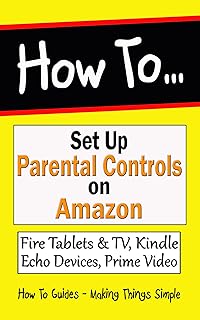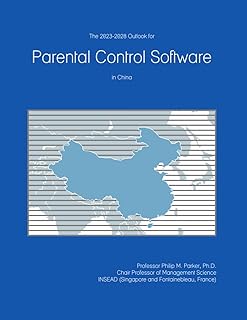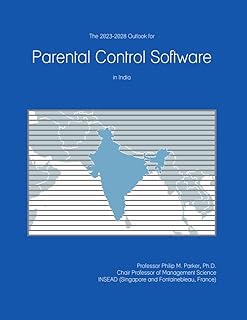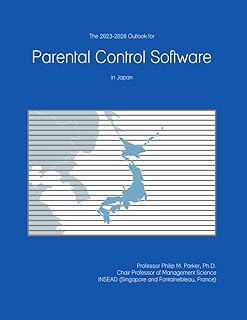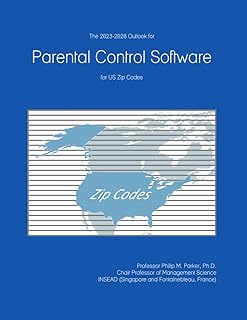Australia is taking a significant step towards banning minors under the age of 16 from accessing social media platforms. The Australian government, led by Prime Minister Anthony Albanese, is set to introduce a bill in Parliament to enforce this ban. The decision comes after extensive consultations with various stakeholders, including parents, caregivers, child development experts, and state governments.
Albanese emphasized the negative impact of social media on children’s well-being, citing concerns about bullying, peer pressure, anxiety, scams, and online predators. The move aims to protect children from these online harms by setting a minimum age requirement for social media access. The proposed legislation has bipartisan support and aligns with efforts to address the challenges posed by social media platforms.
South Australia has already taken steps in this direction by proposing a bill to restrict social media access for children under 14 and requiring parental consent for those aged 14 and 15. The bill underscores the need for social media platforms to implement measures to prevent access by underage users. Additionally, a regulator would oversee compliance and enforce sanctions for violations.
Julie Inman Grant, the ESafety Commissioner, emphasized the importance of balancing child protection with positive online experiences. Grant highlighted the need for digital literacy, resilience, and safety measures to empower young people in navigating the online environment. She also commended initiatives by tech companies, such as Apple’s reporting feature for unwanted content.
Despite the government’s efforts to protect children online, some advocacy groups and experts have raised concerns about the effectiveness of a blanket ban. They argue that regulating social media platforms and setting safety standards would be more practical and beneficial in the long run. Researchers have found that children are adept at managing online risks and suggest focusing on educating parents and enhancing content moderation tools.
One challenge facing the implementation of age restrictions is the lack of accurate age verification technology. Existing tools may not reliably determine a user’s age, raising privacy and security issues. The government’s Age Assurance Technology Trial aims to assess the efficacy of age verification technologies. However, researchers caution that accurate age verification remains a complex issue that requires collaboration with online platforms.
In conclusion, Australia’s move to ban social media access for minors reflects a growing global concern about the impact of digital platforms on children’s safety and well-being. While the intention is to safeguard young users, the effectiveness of such measures and the need for comprehensive strategies to address online risks remain subjects of debate. Balancing child protection with digital rights and innovation will be crucial in shaping the future of online safety for young people.
📰 Related Articles
- Queensland Considers Total Ban on E-Bikes Amid Safety Concerns
- Pediatric Gynecologists Empower Teen Girls Amid Social Media Challenges
- OPEC+ Plans Oil Production Increase Amid Market Concerns
- India Blocks TRT World Account Amid Social Media Controversy
- Yuma Plans Second Migrant Processing Center Amid Border Challenges

